
Everyone wants skin that glows and feels healthy. But with so many skincare products and routines out there, it’s easy to feel overwhelmed. What should you be doing, and which products are worth your time? If you’ve ever wondered what the experts recommend, here are 19 skincare habits dermatologists want you to live by.
1. Develop A Simple Routine
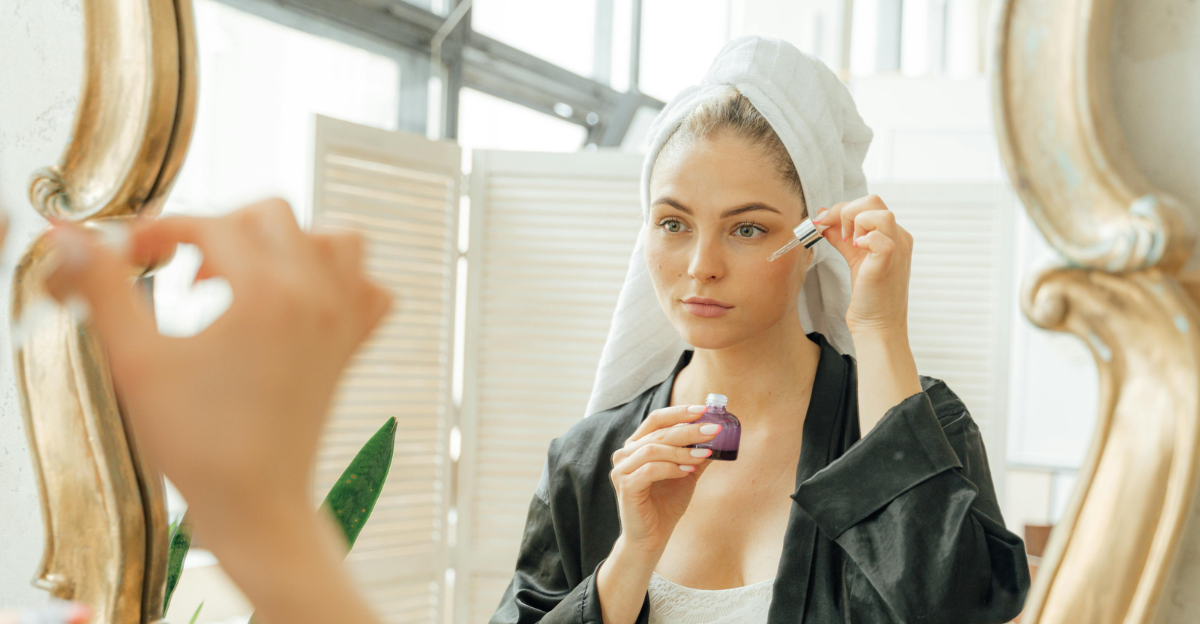
A simple skincare routine is the first step to achieving healthy skin. A cleanser, moisturizer, and sunscreen are the essentials you need; then, you can add a serum or a treatment for specific issues. Simplicity supports the skin’s natural balance.
2. Gently Cleanse Your Skin
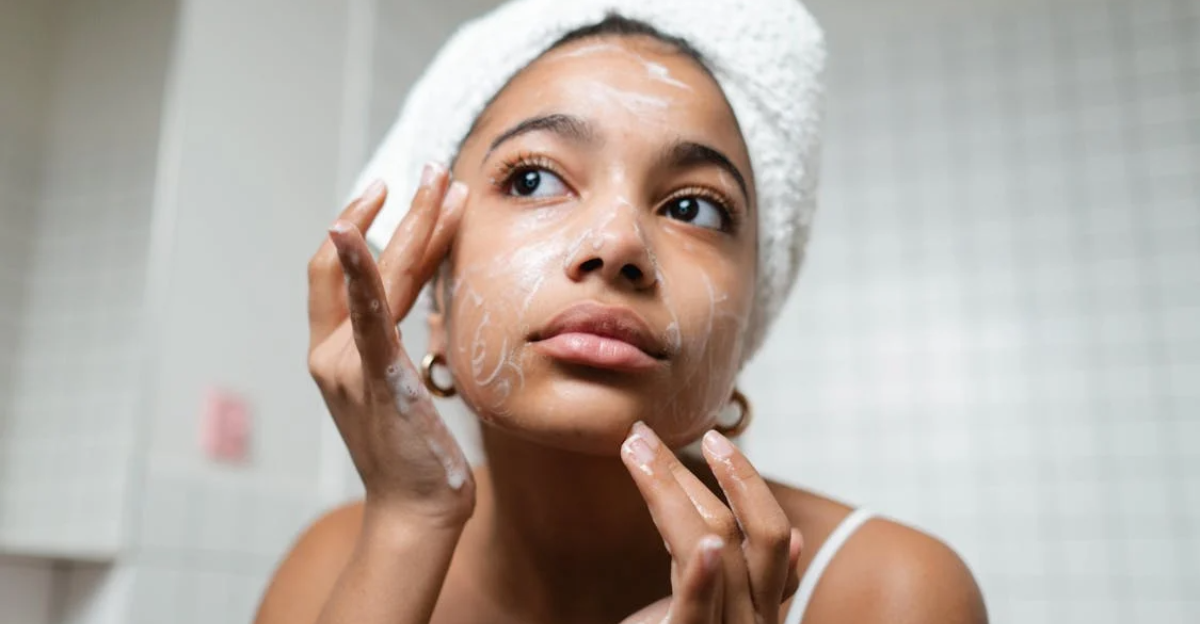
For best skin results, gently washing your face with a cleanser two times a day (or once if you have sensitive skin) is recommended. Wet your face with warm water, apply a mild cleanser in a circular motion with your fingertips, rinse off, and pat dry with a clean towel. Some experts recommend double cleansing at night, starting with an oil-based cleanser to melt away sunscreen, makeup, or excess oil, then following up with a water-based cleanser.
3. Moisturize While Skin Is Damp
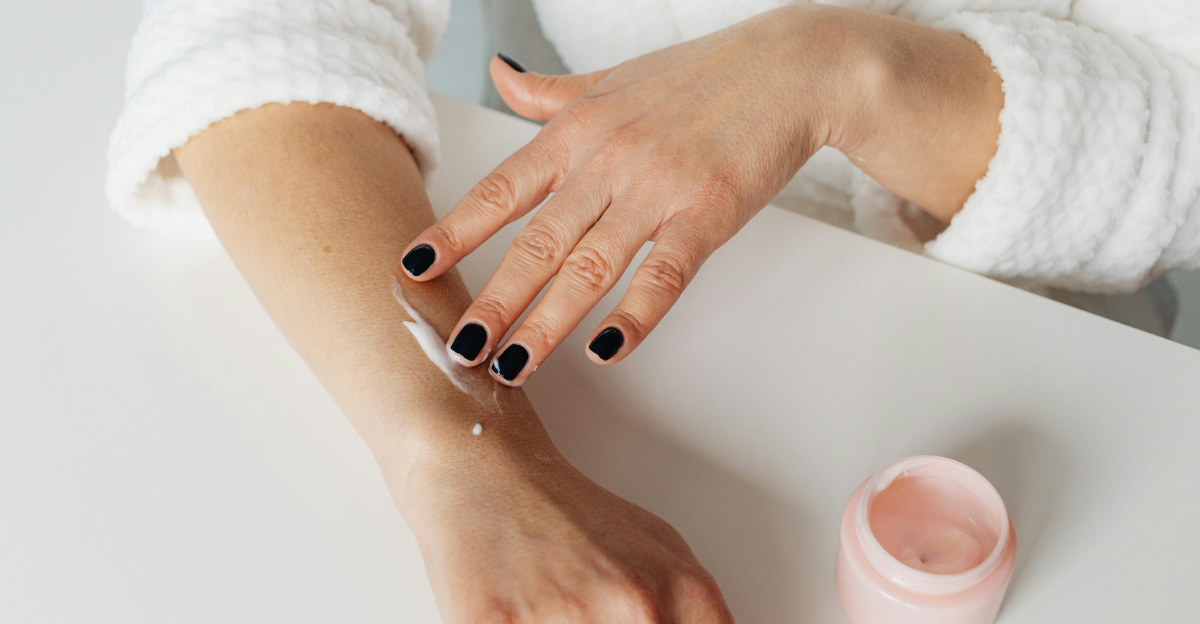
Moisturizing strengthens the skin barrier, protects the skin from harsh chemicals, and provides water to the skin. Moisturizing when the skin is damp helps lock in hydration and maintain the softness of the skin. So, do not rub your skin dry, but pat it gently and then apply a hydrating moisturizer.
4. Use Sunscreen

When you go outside during the day, sunscreen should be your best buddy. It shields your skin from the sun’s UV rays, prevents dark spots, and lowers the risk of cancer. Always use a broad-spectrum SPF 30 or greater on all exposed areas of your skin. If you will be outside for an extended amount of time, remember to reapply it.
5. Use Products Best Suited for Your Skin Type
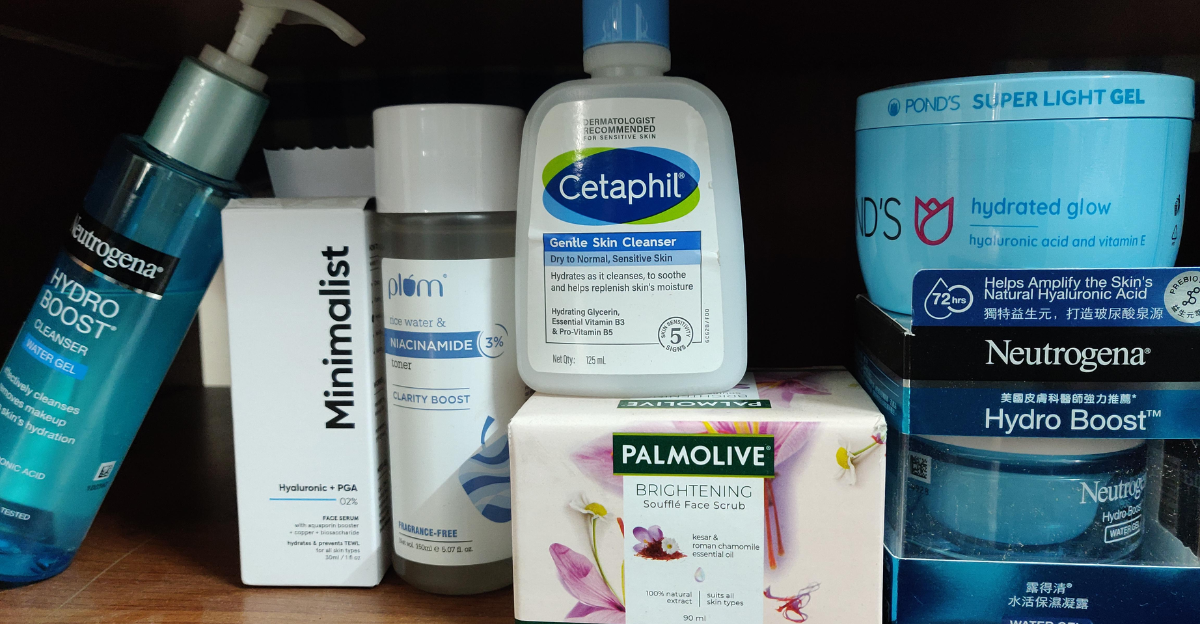
To achieve the best skincare results, you should know your skin type: oily, dry, combination, or sensitive. Then use products formulated for the specific skin type. In doing so, you avoid unpleasant side effects like breakouts, burns, and allergic or contact dermatitis.
6. Layer Products in The Right Order
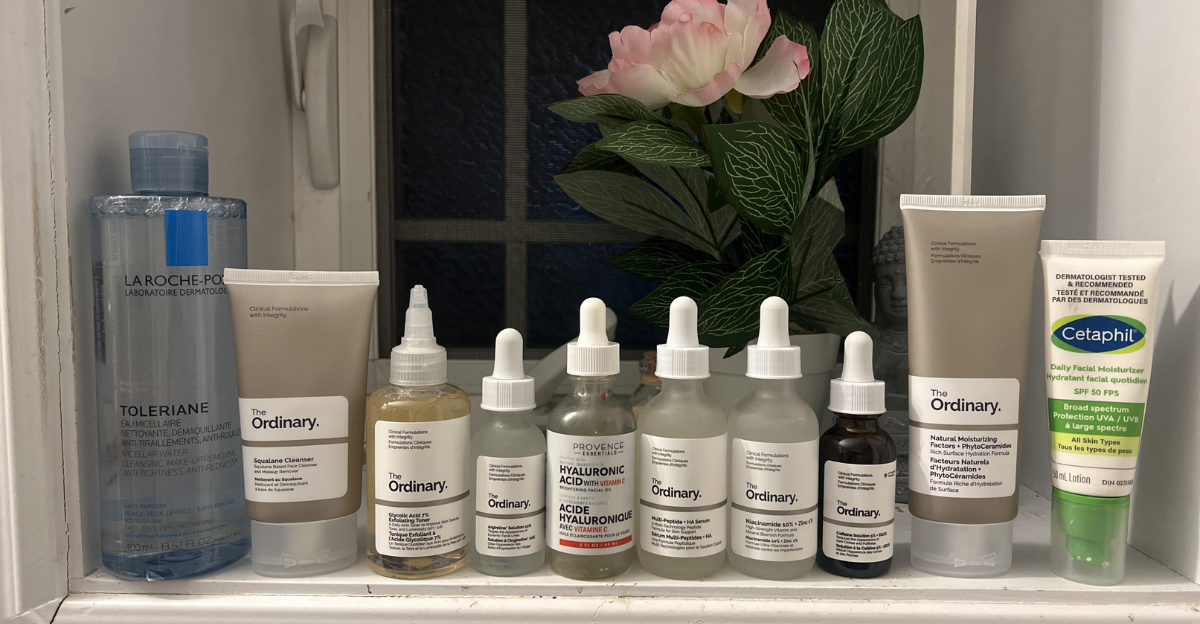
Products should be applied from thinnest to thickest for good results. This means you should start with the toners or serums and work your way up to the lotions or creams. In the mornings, apply your sunscreen last. This allows for every product to be properly absorbed into the skin.
7. Use Retinoids
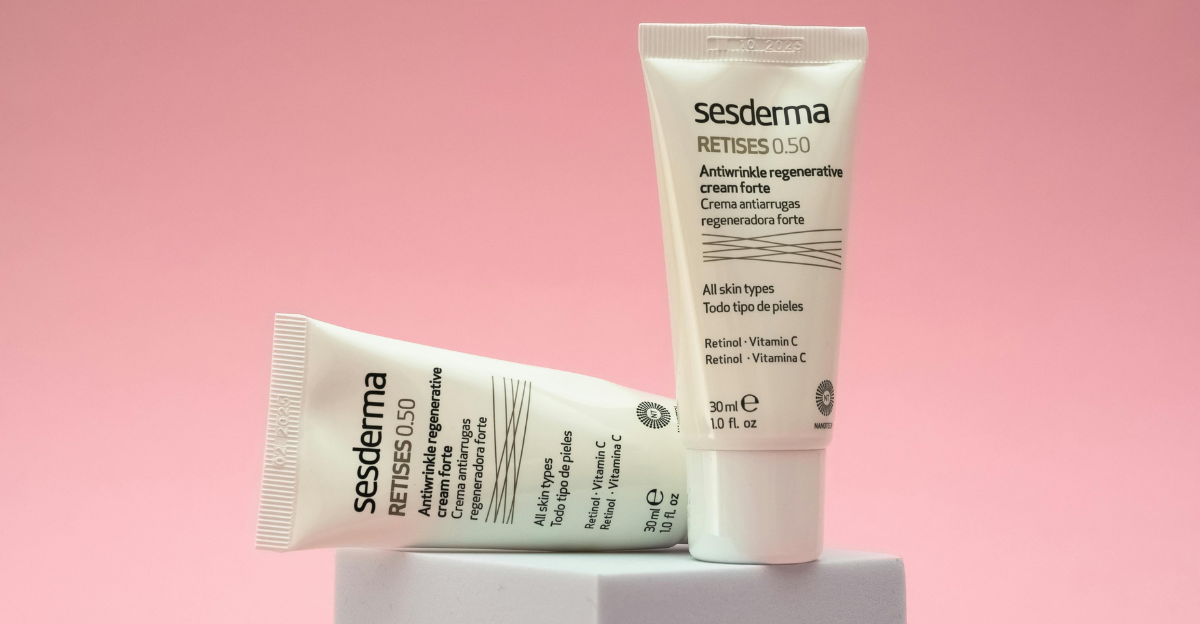
Retinoids treat mild fine lines, wrinkles, acne, and dark spots. They help with collagen production, resulting in improved skin texture. Retinoids can be intense on the skin, so it is recommended to start slow, about 2 nights a week, and about 20 to 30 minutes after washing your face. Use a pea-sized amount, and don’t forget to moisturize your face after application.
8. Gentle Exfoliation
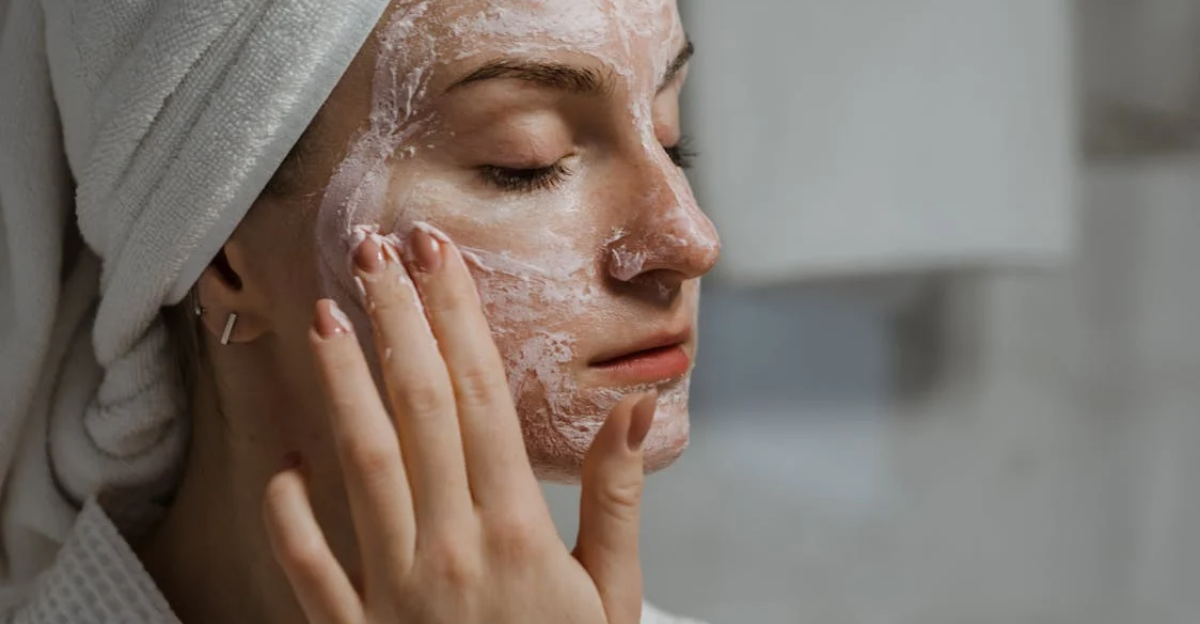
For rich, healthy skin, include exfoliation in your routine to remove dead skin and unclog your pores. It is recommended to exfoliate twice a week. A scrub that contains alpha-hydroxy acids (AHAs) or beta-hydroxy acids (BHAs) is the best choice. Avoid over-exfoliating and harsh scrubs, which can irritate the skin.
9. Wash Your Makeup Brushes Weekly
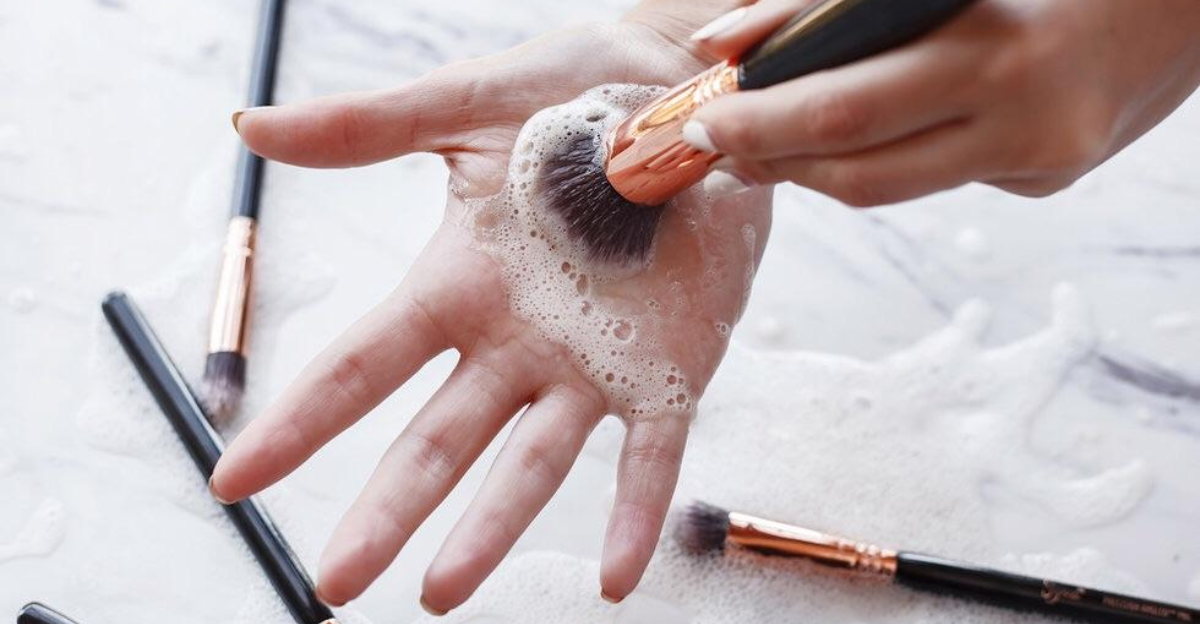
Dirty makeup brushes are a breeding ground for bacteria and can cause breakouts and rashes. Wash them every week with soap or a brush cleaner, rinse thoroughly, and air-dry them. Not only does it give you clear skin, but weekly maintenance also maintains the quality of your brushes.
10. Always Remove Your Makeup

No matter how tired you are, do not sleep with makeup on. Leaving make-up on overnight clogs your pores, and this can cause breakouts and dull skin. Use a gentle cleansing oil first, then wash your face with a cleanser.
11. Patch Test New Products
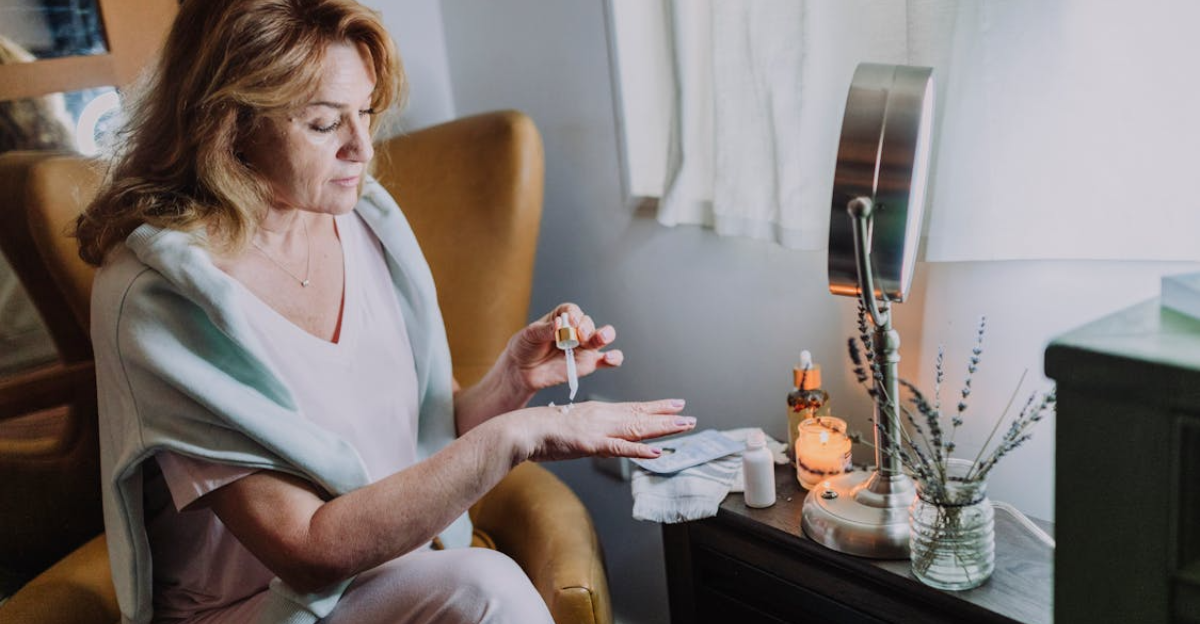
Whenever you buy a new skincare product, it is advisable to apply it to a small area behind your ear or jawline instead of using it all over your face. Wait 24 to 48 hours for any signs of irritation. This is important to avoid breakouts or allergic reactions.
12. Stay Hydrated

Drinking enough water is key to healthy skin. Hydration is known to improve skin elasticity and reduce the appearance of fine lines and wrinkles. Dehydrated skin will result in dry, flaky, and itchy skin. Aim for about 2-3 liters of water a day.
13. Prioritize Sleep

When we sleep, the skin repairs and regenerates skin cells. It also encourages blood flow to the skin. Getting a good amount of sleep, about 7 to 9 hours, helps to prevent breakouts, puffiness, dark circles around the eyes, and uneven skin tone.
14. Use A Satin or Silk Pillowcase
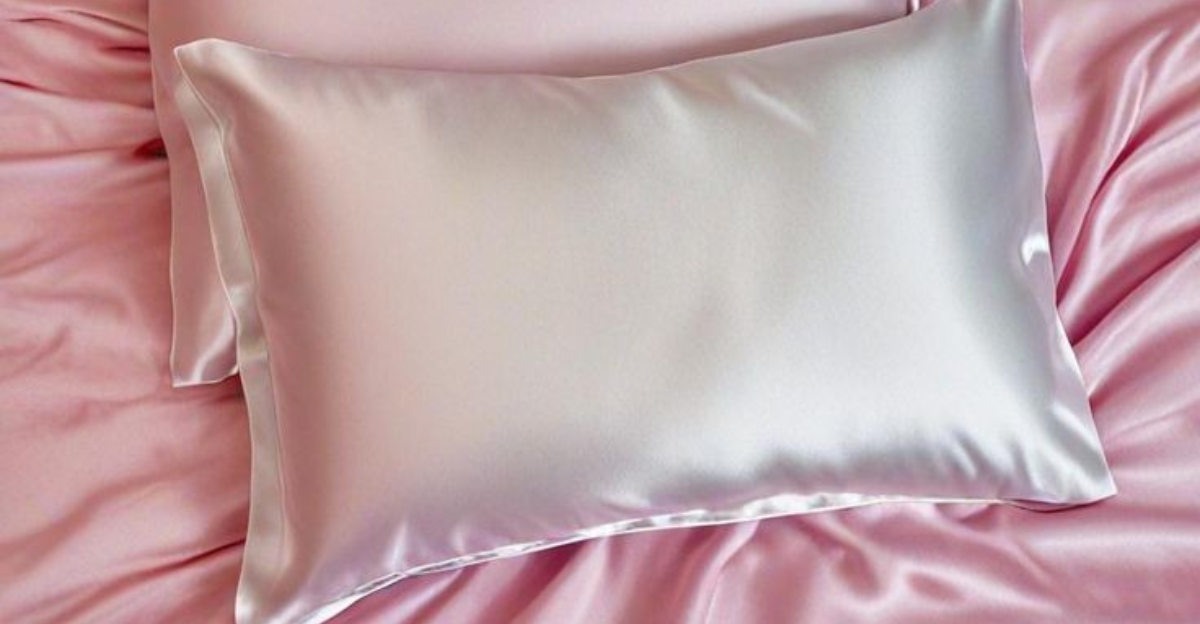
Unlike cotton, satin and silk cause less friction on the skin, reducing breakouts, fine lines, and wrinkles. They are the perfect choice for people with sensitive skin. Also, remember to change your pillowcase regularly. Doing these will lead to less irritated skin.
15. Stop Picking at Pimples

Picking or popping pimples leads to scarring and the spread of bacteria. Treat breakouts with a pimple patch or apply the targeted skincare product directly on the pimple and leave it alone to heal naturally and maintain your skin barrier.
16. Treat Your Neck and Chest as an Extension of Your Face
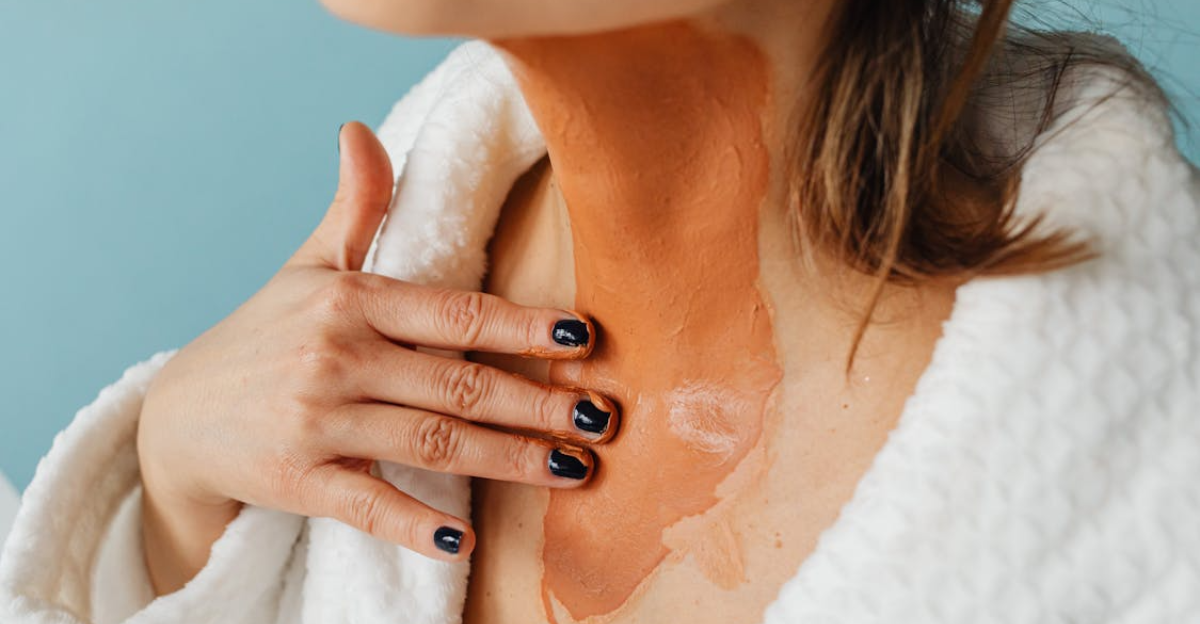
Your neck and chest are as important as your face. They also tend to show aging and skin damage first, so include them in your routine. Extend your routine to these areas: cleanse, moisturize, and apply sunscreen. Every product should be applied in an upward motion to prevent sagging of the skin.
17. Remember Your Vitamin C in the Mornings
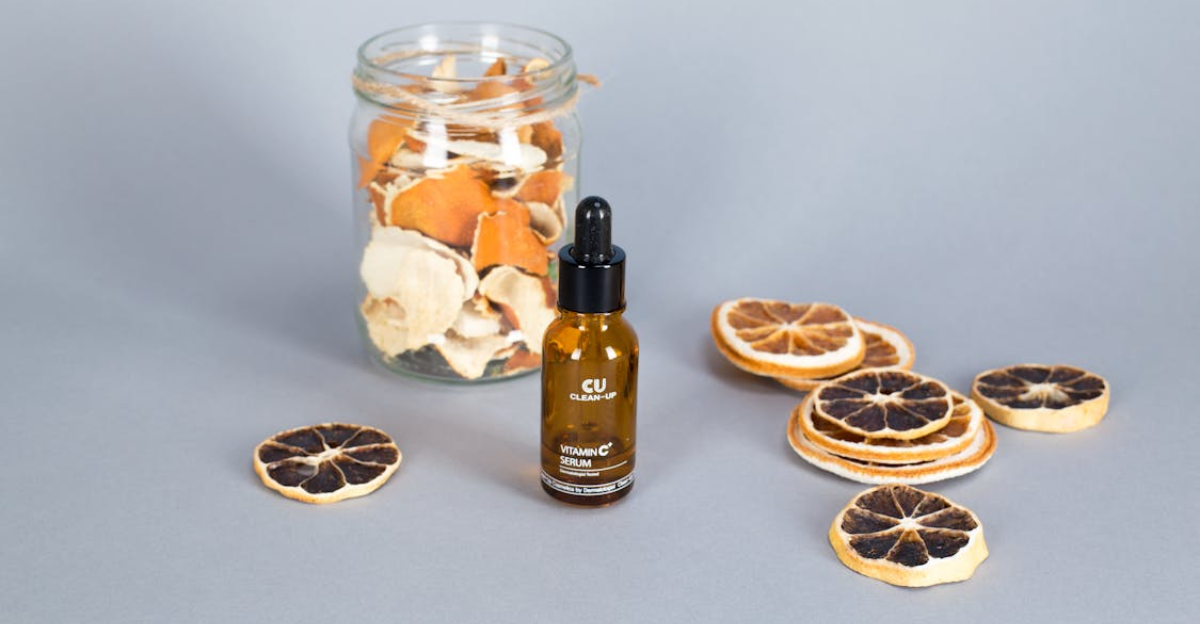
Antioxidants like vitamin C protect the skin from free radicals, UV rays, and pollution to prevent skin damage. For effective results, apply it before your sunscreen. Using a vitamin C serum also brightens your skin and gives you that healthy skin glow.
18. Do Not Use Expired Products
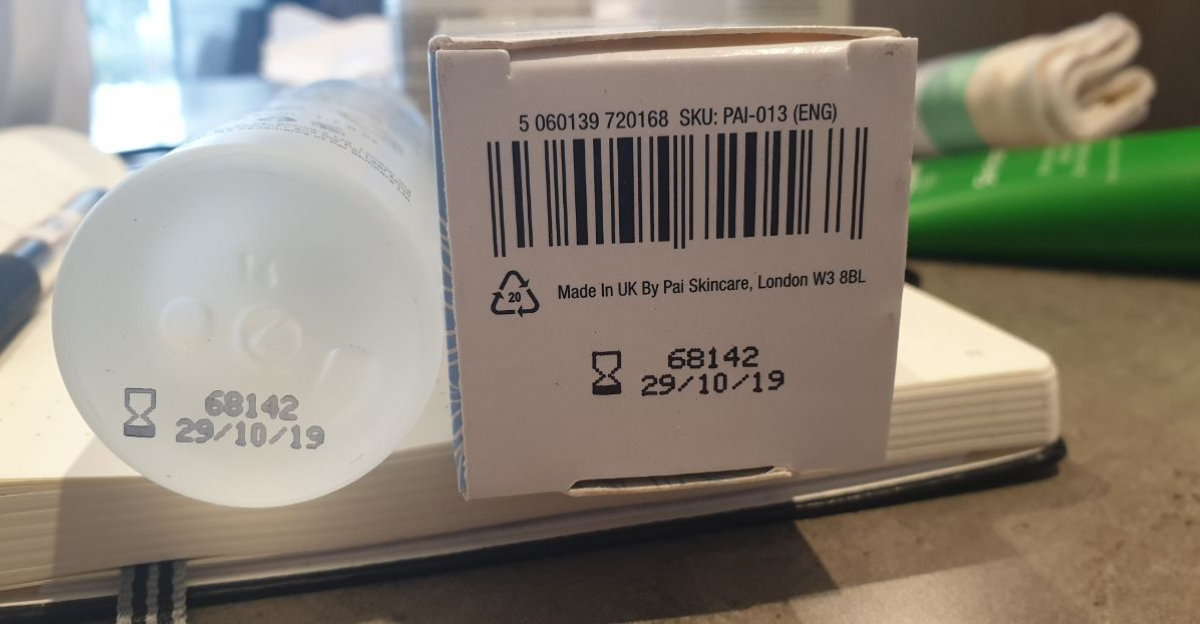
Remember to regularly check your skincare products for expiry dates or a change in texture or smell. Expired skincare becomes ineffective or even harmful. Never use any product that has expired, as it can irritate your skin or spread bacteria.
19. See a Dermatologist
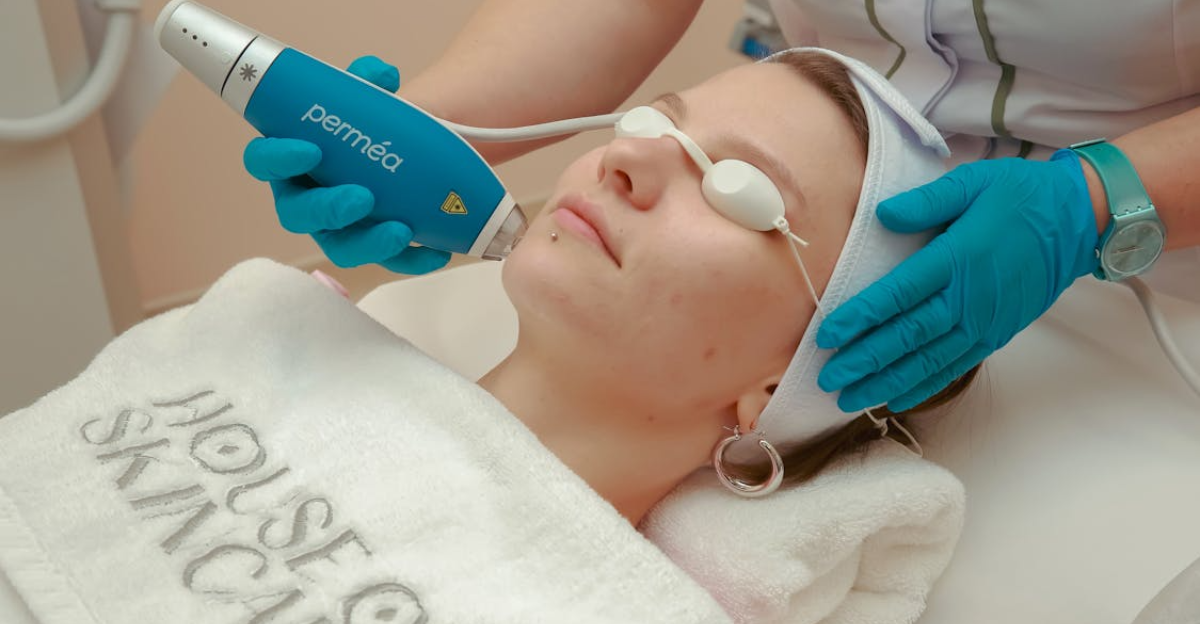
Even if your skin appears fine, schedule a dermatologist appointment at least once a year for a routine checkup. They can catch issues early and offer expert guidance on your skincare routine.